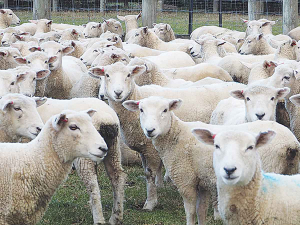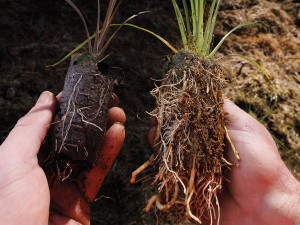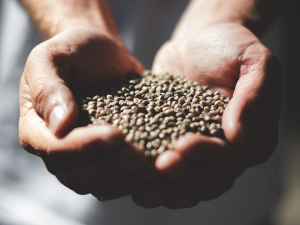A Massey University researcher and veterinarian says it may be possible to reduce the percentage of ewes culled or that die each year on some New Zealand farms.
Dr Anne Ridler was one of a team of researchers from Massey, along with colleagues from Lincoln and the University of Hong Kong, involved in a detailed study of 34 sheep flocks in NZ. The study shows that between 25% and 35% of ewes are culled or die each year on the farms.
But Ridler says this is an 'average' number and there are some farms where the losses are lower. As part of the study, tallies were collected at key times, culling 'when and why' was noted, as were natural deaths and animals that could not be accounted for. The study showed that two thirds of the deaths occurred between set-stocking and docking and the other third during the remainder of the year. Essentially most happen in the period of late pregnancy and lambing and includes incidents of ewes being cast and suffering from lambing trouble, metabolic diseases and infections.
The farmers who participated in the study were required to collect and share their data on ewe culling and mortality and to be visited by researchers on two occasions during the 10-month trial. All told, a total of just over 155,000 sheep were present at the start of the trial.
In the study there was a correlation to scanning, says Anne Ridler, noting the higher the scanning percentage, the lower the ewe losses on a farm. The losses were slightly higher on hilly farms compared to those less hilly.
Most ewe culling is justified, acceptable and needed to ensure that only productive ewes stay in the flock. But ewe deaths are potentially a big and costly problem for farmers, says Ridler.
"We know that if a ewe has a low body condition score, that animal is at a higher risk of dying, especially around lambing. It seems that as ewes get older, low body condition score tends to be a greater risk factor."
She says there may be ways of reducing some of the deaths by condition scoring ewes and managing the thin ones separately. Other options include doing cast beats before lambing and potentially running regular lambing beats or taking other interventions during lambing. But she says in the case of the latter, the cost and benefits of these need to be carefully considered.
Overall, she says the best place to start is to look at tally data across the year to work out when and why ewes are leaving the flock from culling and deaths. If needed, decisions can then be made about how to reduce those losses.











